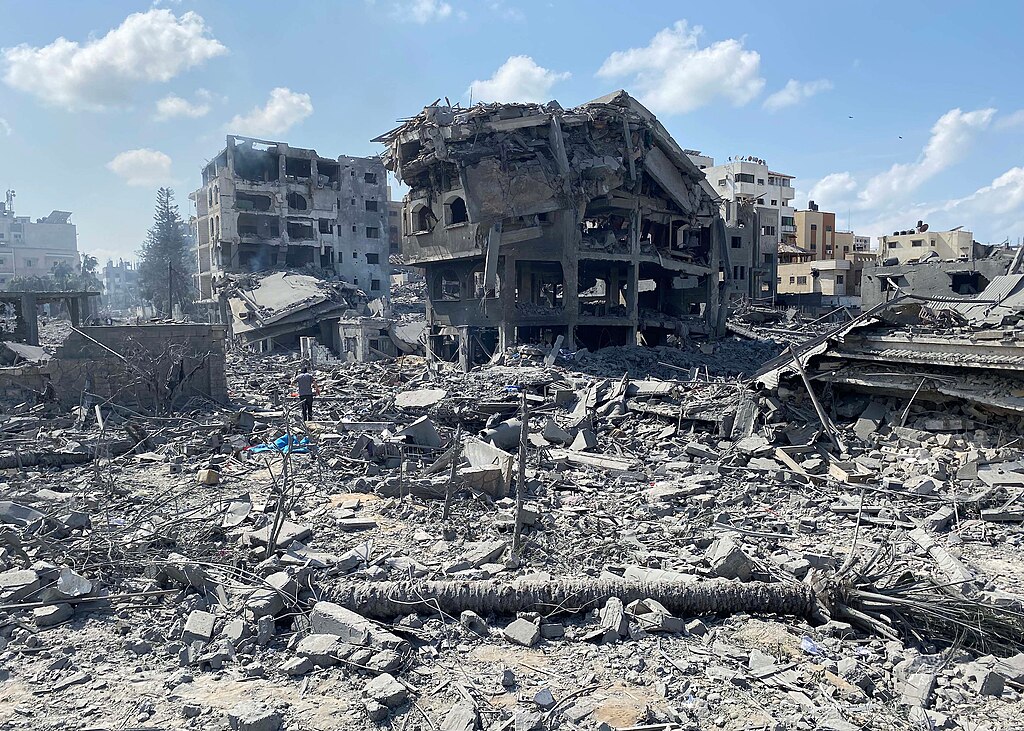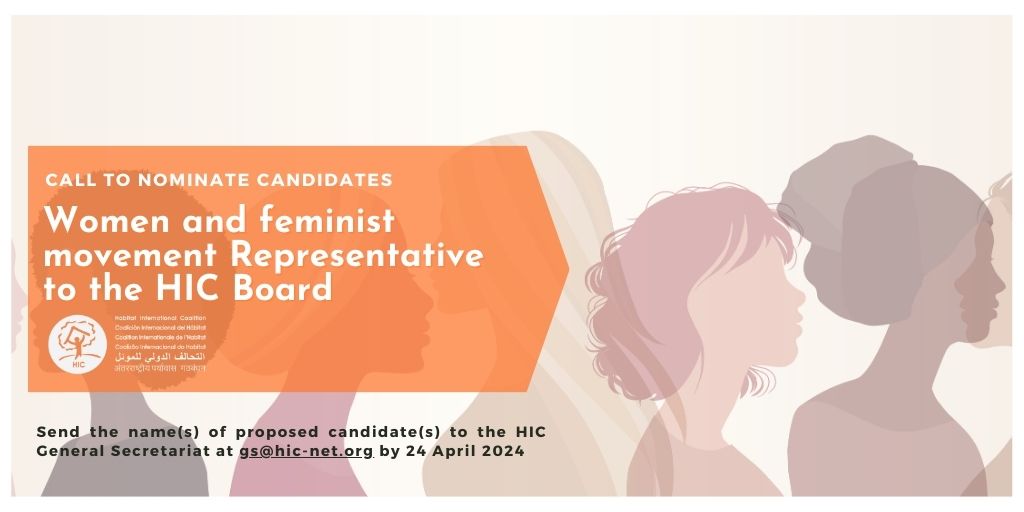The following statement was issued by the Special Rapporteur on adequate housing of the United Nations Commission on Human Rights, Miloon Kothari, and the Special Rapporteur on the right of everyone to the enjoyment of the highest attainable standard of physical and mental health, Paul Hunt, on the occasion of World AIDS Day, 1 December 2005.
It cannot be repeated enough that women and girls bear the brunt of the global AIDS epidemic worldwide. In our capacities as Special Rapporteur on adequate housing and member of the leadership council of the Global Coalition on Women and AIDS, and Special Rapporteur on the right to the highest attainable standard of health, we wish to draw attention to the often ignored linkages between AIDS and women’s rights to adequate housing, land, property, inheritance, and the highest attainable standard of health.
Women’s enjoyment of the human right to the highest standard of attainable health and the human right to adequate housing is a cornerstone of their personal security. In the context of the AIDS epidemic, women must be able to protect themselves from HIV infection, to maintain their health if living with HIV, and to deal with the consequences of HIV for themselves and their families. Gender equality and the empowerment of women and girls are fundamental elements in the reduction of their vulnerability to HIV/AIDS and in the reversal of the pandemic.
Around the world, many women have limited access to knowledge and information on sexual and reproductive health, including sexually transmitted infections. The vulnerability of women and girls to HIV and AIDS is compounded by inadequate access to education and services necessary to ensure sexual and reproductive health; sexual violence; harmful traditional or customary practices – such as early and forced marriage; lack of access to legal resources and remedy; and inequality in areas such as marriage and land and property ownership and inheritance.
Thus, the factors that increase women’s vulnerability to infection are numerous. Among these, the inability to secure adequate housing and living conditions need to be recognized as significant. Women’s economic vulnerability often translates as dependence on men for survival, and many women are forced into situations that increase vulnerability to sexual violence, or to engage in unsafe sex in exchange for money, housing or food.
Alarming testimonies from women living with HIV illustrate the adverse impacts that discrimination and stigmatization have had on their enjoyment of the right to the highest attainable standard of health and an adequate standard of living, including adequate housing. Many report living with a constant fear of being forcibly evicted. Even where inheritance and property rights are in principle protected by legislation, widows are being evicted from their homes following their husbands’ death from AIDS or an HIV-related illness. Reports and testimonies also reveal that customary traditions and practices linked to women’s housing and property, and to their sexual and reproductive health, may contribute to the transmission of HIV. These include “wife inheritance” and “cleansing” practices in certain communities, where unprotected sex is seen to “cleanse” the wife of the dead husband’s spirits, and is viewed as a prerequisite for a wife to keep her home or stay on her land.
World AIDS Day is a day of solidarity for people living with HIV and suffering from AIDS, and a day for reaffirming the pledges and resolutions that have been made in the global fight against the epidemic. We would like to use this occasion to urge States to take all necessary steps to ensure women’s human rights and to this end, review and remove discriminatory laws and practices that create obstacles to the realization of their rights. Addressing the underlying factors that increase vulnerability to infection requires attention to human rights. Protecting and promoting the human rights of all women, men and children – including the rights of people living with HIV to enjoy the highest attainable standard of health and to adequate housing demands vigilance each and every day of the year.
For further information: http://womenandaids.unaids.org/


